filming
If you’re going to produce a video, having the right film crew with the right experience and equipment is critical.
Here at YourFilm we have a large global network of videographers and cinematographers on the ground, where you need them. No travel costs, local knowledge and you can shoot multiple locations at the same time all centrally managed by our in house production team.
What’s the difference between a videographer & cinematographer?
Different types of video production projects and campaigns require different types of film crew and equipment. A lot of the time, for digital and social media content you may only need a videographer with the right kit. For larger more creatively complex projects you may need more crew and a cinematographer to bring the vision to life. At YourFilm, we have a large global network of crew to draw from and a talent team of production managers to ensure you have the right crew on your project to deliver the right outcome.
Videographer
In the world of video production, a videographer is a “jack of all trades” who creates video content. They are responsible for shooting videos and often have editing and wider production experience. They create a variety of video content such as:
Marketing and advertising: Videographers create social media content, product videos, and other marketing materials to promote businesses and products.
News and documentary: Videographers capture news events, film documentaries, and produce other nonfiction content.
Entertainment: Videographers shoot music videos, short films, and other forms of entertainment.
Events: Videographers document conferences, events and other special events.
Instructional and educational: Videographers create training videos and educational materials.
Videographers typically have a strong understanding of video camera operation, lighting, composition, and editing. They may also have skills in sound recording, scripting, and directing. Typically, the videographers set up and operate video cameras to capture footage. For smaller projects they are the only crew needed on set, for larger more complex projects they may also work with lighting and sound technicians to ensure that the footage delivers to expectations.
Cinematographer
A cinematographer, also known as a Director of Photography, is a visual storyteller who is responsible for the aesthetic and technical aspects of the moving image. They work closely with the director to bring their vision to life, using lighting, composition, camera movement, and framing to create a visual narrative that enhances the story being told.
Here are some of the key responsibilities of a cinematographer:
Collaborating with the Director: The cinematographer works closely with the director to interpret the script and translate the director's vision into visual language. They discuss the overall look and feel of the film, including the use of color, lighting, and camera movement, to create a cohesive visual style that serves the story.
Lighting: Lighting is a crucial element of cinematography, and the cinematographer is responsible for designing and executing the lighting plan for each scene. They consider the mood and atmosphere of the scene, the time of day, and the desired emotional impact of the lighting on the audience.
Composition: Composition refers to the arrangement of elements within the frame of the shot. The cinematographer carefully considers the placement of actors, props, and objects to create visually appealing and meaningful compositions that guide the viewer's eye and emphasize the important elements of the scene.
Camera Movement: Camera movement plays a significant role in establishing the visual storytelling. The cinematographer decides when and how to move the camera, whether it's tracking a character's movement, panning across a landscape, or using a crane to create a dramatic reveal.
Camera Setup: The cinematographer also selects the appropriate camera, lenses, and film stock for each scene, considering factors such as the desired visual style, the available lighting, and the specific action or dialogue being captured.
Working with Camera Crew: The cinematographer leads the camera crew, which includes camera operators, focus pullers, and camera assistants. They provide direction to the crew and ensure that the cameras are properly set up and operated to capture the best possible images.
A skilled cinematographer can transform a film's aesthetic, evoking emotions, establishing the setting, and creating a visual experience that complements and enhances the storytelling. Their contribution is essential to bringing the director's vision to life and creating a memorable cinematic experience for the audience.




